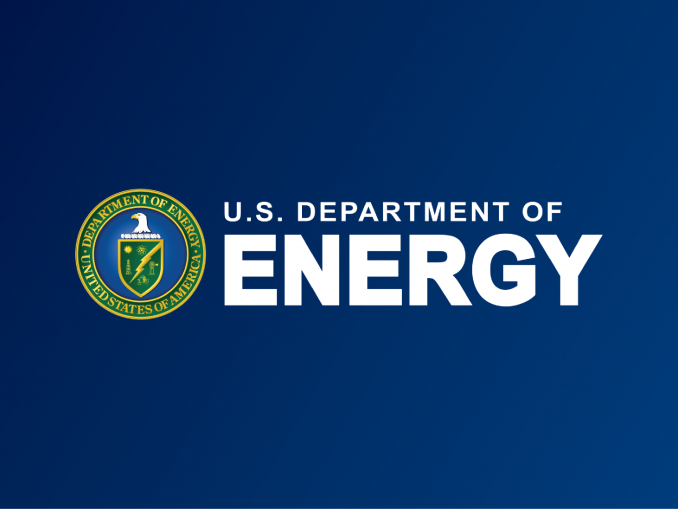
Funding Supports Community-led Development of Renewable Energy Systems Promoting Energy Resilience in Vulnerable Communities
WASHINGTON, D.C. — The U.S. Department of Energy’s (DOE) Office of Economic Impact and Diversity (ED), today announces a cooperative agreement totaling $992,000 with the Interstate Renewable Energy Council (IREC) to improve energy resilience in several of Puerto Rico’s most vulnerable communities.
The two-year cooperative agreement will fund solar-plus-storage systems at community-serving facilities that have historically lacked access to reliable electricity and experience prolonged outages. Also known as Resilience Hubs (“Hubs”), each system, tailored to specific community energy needs, will provide reliable electricity during grid events or climate related disasters.
Community energy resilience is critical for Puerto Rico as hurricanes and other natural disasters continue to severely impact the island’s electric system and compromise residents’ ability to power and sustain essential equipment and services.
The multi-phase project sits at the intersection of social equity, climate resilience, and emergency management. Communities selected by IREC will work closely with faculty and students from the University of Puerto Rico – Mayaguez to inform and participate in the design, development, and operations of each Hub. This includes, identifying sites, prioritizing critical or hyper-local energy needs, and attending operational trainings for system operation and maintenance. This approach, as described by IREC, will be community-led, expert informed, and collaborative to ensure the benefits of community energy resilience scale equitably.
“As we reimagine Puerto Rico’s electric system, it’s essential that we are inclusive of the energy needs and challenges in underserved communities across the island. By investing in projects like Resilience Hubs, we are investing in equity-centered climate solutions that provide a direct and immediate benefit to those grappling with the persistent and lingering effects of climate change,” said Shalanda H. Baker, Director of the Office of Economic Impact and Diversity and Secretarial Advisor on Equity at DOE. “This project will not only help communities be more adaptive and resilient in the face of natural disasters but will also build stronger communities in the face of all challenges.”
IREC has over 40 years of experience building the foundation for clean energy and energy efficiency adaptation in communities that benefit people, improve grid resilience and mitigate climate change. IREC also specializes in the workforce development and training for women as solar installers.
This effort complements several other DOE opportunities that support Puerto Rico’s clean energy transition. In December 2022, President Biden authorized $1 billion for the establishment of the Puerto Rico Energy Resilience Fund, a separate federal funding source to drive key investments in renewable and resilient energy infrastructure for vulnerable populations in Puerto Rico. This winter, DOE, the Federal Emergency Management Agency, Department of Housing and Urban Development, and Commonwealth of Puerto Rico will publish results of the Puerto Rico Grid Resilience and Transitions to 100% Renewable Energy Study (PR100), a two-year study creating a community-driven and locally tailored roadmap to help Puerto Rico meet its target of 100% renewable electricity. In October 2023, DOE also announced the Puerto Rico Community Resilience category for Cohort 2 of Communities LEAP (Local Energy Action Program), which provides customized, high-quality technical assistance to competitively selected communities to advance clean energy related economic development. The application deadline for Communities LEAP is December 14, 2023.
ED manages the Puerto Rico Grid Resilience Hubs Program and will provide project management oversight for the Hubs projects selected to enhance grid resilience in Puerto Rico. ED is honored to advance the DOE’s energy justice and equity priorities in the clean energy transition.
Learn more about our work, visit the ED website and sign up for ED news announcements.











